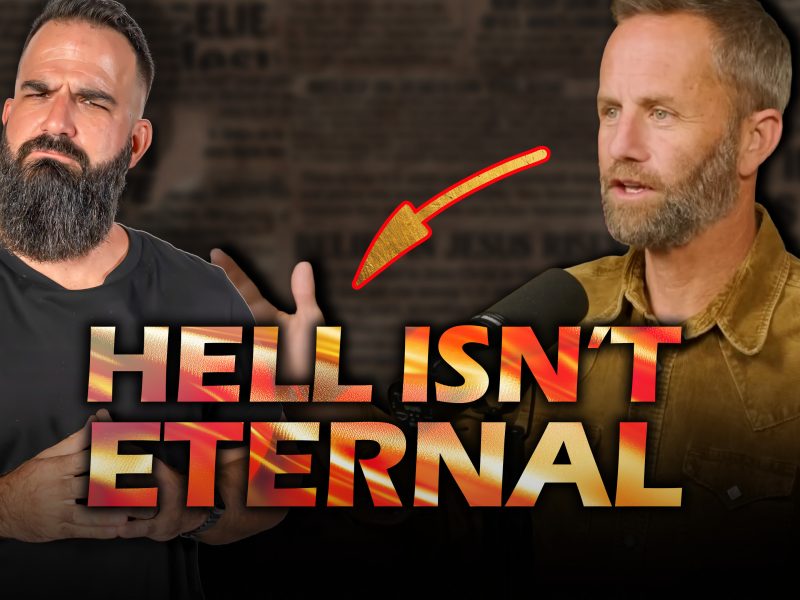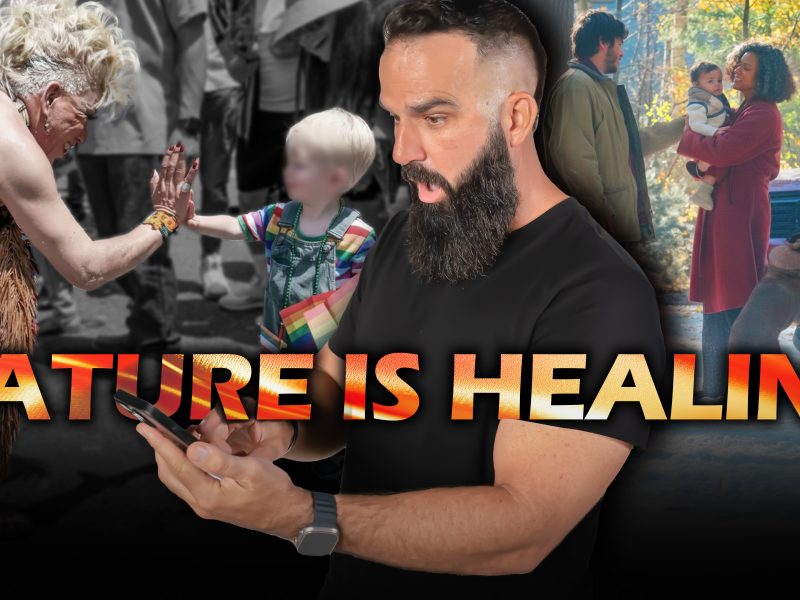About This Project
The Bible often interjects a mini-story into the “big story”. This is why we love the deep end because we can get a little bit deeper into the structure of the Bible and the way the Bible narrates. People oftentimes have trouble understanding the Bible. In ancient Hebrew, the writing standard was to embed a story within a story—a personal story into the larger narrative. There are other stories in which we see this happen such as with Joseph where the story of Judah is interjected into the narrative. This is how the Hebrews tell stories. They want to drive the point home to the reader. They want to help you get in the story.
Chapter 25 of first Samuel departs from the conflict between Saul and David to tell the story of Nabal and Abigail who fall into the larger point of 1 Samuel. This is the Bible’s way of saying we have framed for you a bigger picture of the Kingdom of Saul contrasted against the Kingdom of David. Now we want you to ask the question where are you in the story?
Key Verse: Matthew 6:19-21 (ESV) “Do not lay up for yourselves treasures on earth, where moth and rust destroy and where thieves break in and steal, 20but lay up for yourselves treasures in heaven, where neither moth nor rust destroys and where thieves do not break in and steal. 21For where your treasure is, there your heart will be also.
Theme: The test of your heart is administered in your wallet.
Scriptures Studied: Matthew 9:38 ; Ephesians 4:18 ; Romans 1: 20-23 ; Psalm 122:1; Matthew 6:12 ; 1 Samuel 25; 1 Samuel 15:12 ; 1 Samuel 1:9-28 ; Romans 10:17 ; Matthew 6:24 ; 1 Timothy 6:9-10; Matthew 6:19-21
- The Story of Lot can be found in Genesis 19
- King Hezekiah reveals his treasure to Babylon in 2 Kings 20:11-19
- The parable of the Rich Young Ruler is recounted in Matthew 19:16-22
Points to Note:
Reminder, the story of Saul & David is Our Story:
- Saul: [Kingdoms of this world] Self-Centered, Demanding, Disobedient to God, Seeks His Own Glory
- David: [Kingdom of God] Other-Centered, Giving/Self-Sacrificing, Obedient to God, Seeks the Glory of God
Kingdom of Saul | Self-Absorbed and Insecure | Passing Away
- Every moment is about himself
- Everyone is suspect
- Everyone is a threat
- Willing to kill for his kingdom
- Estranged from everyone he loved
- On the road to self-destruction
Kingdom of David | Self-Less & Dependent on God | Arriving
- Wounded by the Lord
- Made useful to those wounded in the world
- Contrite, Compassionate, and Hungry for God
- Made ready to serve others
Symbolism:
- Carmel = the “New York City” of the Kingdom of Saul which he used to bring name or recognition to himself
- Nabal = “Fool”; “harsh or badly behaved”
- Abigail = “Beautiful and discerning”; A heart surrendered to Christ; a person ready to give
Episode Points:
- Man without God goes insane
- Going to church (Bible-believing/Gospel-preaching) is good for your whole being–especially your mind
- Everyone is a fool about something. The Gospel is foolishness to our folly
Recognize the Following:
- Most people run from God because they put more trust in money than in God
- People who trust in money are blind and refuse to listen to others
- Scripture is pro-woman
- God will always provide a voice or a shepherd (an “Abigail) to give you perspective when you are in His Flock
Questions to Consider:
- How often do you attend church services?
- Who has the Lord set as an “Abigail” in your life?
- Is your money going into the Kingdom of God?
- Do you tithe to your local church?
- Do you give above the tithe to organizations who are Gospel-focused?
- Where are you in this “story within the story”?
Further Consideration:
- Read the book of Proverbs (a book of Wisdom)
- If you don’t have a home church, we’d love to have you join us for Christmas Eve services. Find out more @waterschurch.org/christmas
- We all need an “Abigail” in our lives. One way to hear God’s voice is through community with other believers in Life Groups. You can find all types of Life Groups to fit your style: in person, online, and actions to help others…. https://waterschurch.org/life-groups/
- You can check out the Babylon Bee for timely Christian satire
Viewer Question: [You can always send us interesting news articles at ask@thedeepend.tv or text them to 508-316-9333 as well as ask any questions you may have (It’s anonymous!]
Why do we always emphasize the death of Jesus and that “Jesus died for our sins”, especially to new and non-believers? Why don’t we emphasize some of the other aspects of Jesus quite as much, for example, “Jesus came to show us how to live”, “Jesus came to teach us to love each other”, “Jesus came to bring us back to God”… what is it about His act of dying that is so significant compared to all of the other amazing things He did?










No Comments